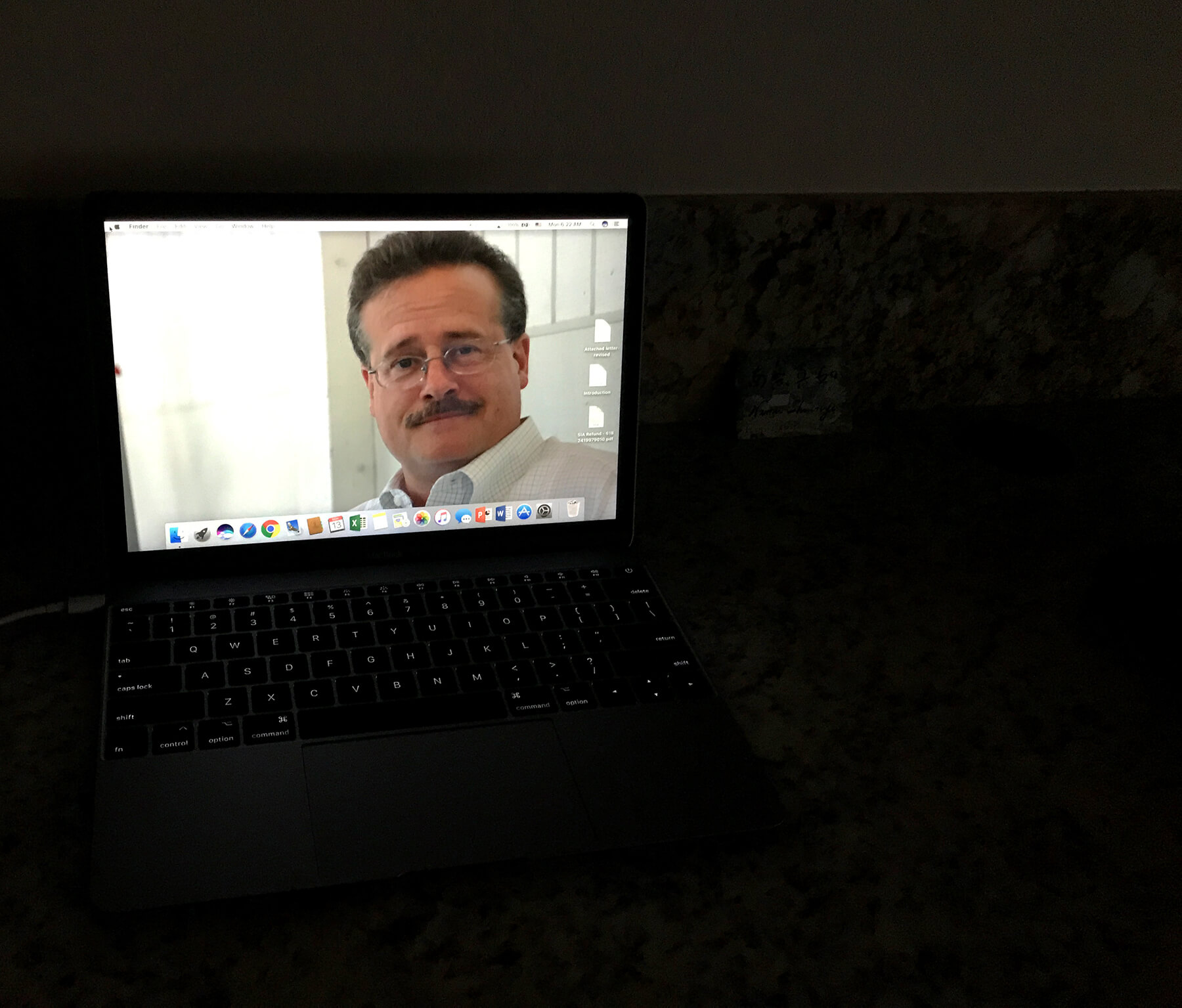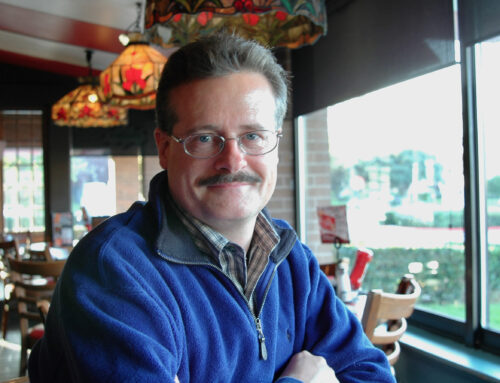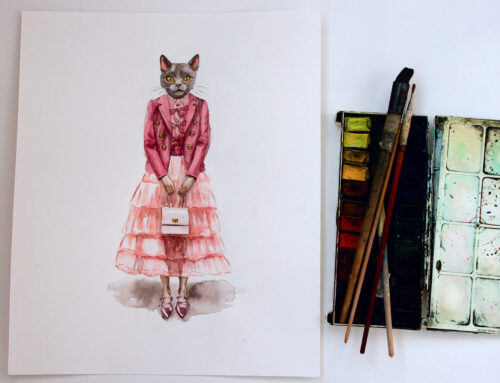Photo of Patrick by Author, Maui in Hawaii
According to the 2020 AARP report, more than one in five Americans (21.3%) are caregivers. Over fifty million Americans have provided care to an adult or child with special needs in the past year. Care recipients’ reasons for care are long-term physical conditions (63%), emotional or mental conditions (27%), and memory problems (32%). More than one in four caregivers care for someone with Alzheimer’s disease or dementia.
The majority of caregivers—86%—are baby boomers, Gen Xers, or Millennials who give care to a relative, most likely a parent, partner, or grandparent. They provide thirty to forty hours of (most likely unpaid) care per week outside of their own job. Caregiving frequently lasts four to five years, sometimes much longer.
Caregivers express a sense of purpose in their caregiving, but that feeling coexists with physical, emotional, and financial stress and strain. They often experience difficulty in getting support, particularly paid care, from various resources. And without proper care and support, caregivers’ own health—physical, mental, and emotional—can be jeopardized.
***
On June 14th, 2013, I literally dragged my late husband, Patrick, to the hospital for his severe headache. His destiny rolled down to the bottom of the hell within a week. A near-fatal accident that night at the hospital, followed by a failed brain surgery, left him with severe disabilities. From the beginning, we found ourselves on the fastest and steepest roller coaster ride imaginable, and that intensity continued nonstop until his death.
With a diagnosis of stage IV metastatic melanoma in the brain, our battles to save his life were fierce and critical but ultimately unsuccessful. Patrick passed away on one of his favorite holidays, Independence Day, in 2016.
Looking back on my caregiving to him, I realize that I’d been alone taking care of him for the first two years of his illness because of Patrick’s strong wish to keep everything private. I had no time to spare for myself, no time for self-care. My worst fear—If I die before Patrick, what will happen to him?—threatened me all along. Insomnia, panic-attack syndrome, post-traumatic stress disorder, whatever you named it, I must have them all along the way.
The bottom of the hell became deeper and deeper. Bottomless.
By the end of 2015, Patrick had a severely damaged and inflamed brain. The cancers didn’t cause them; all the surgeries, a half dozen radiation treatments, many cycles of chemo, and immunotherapies did. His brain was panting for life, liquidating before the rest of his body decayed.
At this point, the pressures from doctors and the medical system for Patrick to exit from their care had become too high to resist. I had to give up on trying to cure him and resort to hospice care. I had determined to hire and train caregivers and provide him with the best hospice care possible at home to the end.
I had caregivers around us day and night, but between 3:00 p.m. and 9:00 p.m. every day, I was alone with Patrick. I made this choice because I wanted to leave our intimate time for just the two of us. As his brain condition worsened, however, our alone time fell under the dark shadow of his illness. This evening time, also known as “sundowning,” is often the most confusing, agitating, anxious, and difficult time for patients with mental conditions like Alzheimer’s and dementia, and Patrick was no exception.
One evening in February 2016, he was on his favorite couch for dinner. Before dinner, I’d brought him here in the wheelchair from his bed next door. I was trying to help him eat and asking him to open his mouth. He resisted, keeping his mouth tightly shut. “Open your mouth, Patrick,” I repeated. All of a sudden, as if he got hit by horrors, he started moving his arms around violently, fighting against a ghost or someone, but not me. “Call the police! Call the police!” he shouted. “Help! Help! Help!” He kept screaming so loud and physically fighting against whatever it was that was frightening him.
I was furious. The neighbor would hear this. Perhaps, they might’ve thought I was abusing him. I wanted him to stop. But his voice and behavior got only worse. I felt like crying out of helplessness as if his outburst were an accusation.
Bang! As he stood up, trying to walk, he knocked the small brown medical table his dinner plate was on over the couch. All the meat, vegetables, and gravy splashed and flew into the air. The white plate tumbled onto the wooden floor and landed upside down after spinning a few times like a trick. But Patrick didn’t seem to have seen or heard anything. His body was stiff like a heavy, thick board, and he was still trying to walk, still trying to escape from something, moving his arms around in the air.
“Help! Help!” he shouted again. I tried to keep him on the couch for his safety. He hadn’t been able to walk for a long time, even with my assistance, by this point. But in this “fight or flight” situation, he stood tall and was far stronger than me. I was frightened. He began to walk forward, seemingly determined to fight against something he saw in the air in front of him. “Help! Help!” his screams continued. He acted like he’d been captured like he was desperately trying to escape from here, from me, and perhaps from his destiny.
I tried to hold on to him tight—my version of a wrestling headlock. Then, all of a sudden, I heard myself weeping so hard. Why do I need to do this? Who am I? He was my destiny, the most beloved person in my life, my best-est friend. I didn’t understand how we’d become like this. Emptiness took over me in one-hundredth of a second, and I surrendered to the moment.
Aah! He slipped with his weak ankle, perhaps on a piece of the food on the floor. We were both thrown forward; he hit his forehead onto the corner of the wall, then fell onto the floor from the buttocks. It was all in slow-motion—how he slipped, how he lost his balance, how I grabbed him—but I wasn’t strong enough to keep him in my arms, and we both ended up on the floor. How could I ever forget this? How could I ever forgive myself? I cried aloud in my heart.
Since he’d lost the integrity of his body, was too stiff to bend and balance, it took fifteen minutes for me to get him back into his medical bed. There were no cuts on his skin. I checked all the bruises on his forehead, thigh, and buttocks that he’d gotten from the fall. After he settled down in bed, I wept hard alone.
The next day, a hospice nurse visited him and confirmed that he was okay. Within two days, however, his left big toenail was swollen and red. He’d developed a fungal infection in his nail from the impact of the fall. Every day for the following two weeks, I cleaned his toe and nail with warm saline and chlorhexidine rinse, then dressed them in iodine and gauze.
***
Nobody knew the details surrounding Patrick’s fall because I didn’t tell anyone—not even his nurse. I knew that his fall wasn’t my fault. But how could I not blame myself? No matter how perfectly I dedicated myself to Patrick, it was never enough. I never allowed myself to feel my efforts were adequate. I know that is what caregiving is like for many caregivers.
After all the traumas—Patrick’s illness and death and the aftermath of his passing—it took ages for me to finally come out of this self-imposed imprisonment. The prison of perfection, of never allowing myself to feel good.
Now, however, I’ve found my ground and accepted everything. I’ve honored Patrick and would like to release him from what he suffered from. I am at peace with what I did while caring for him and who I am now. But because of my own experiences, because I’d tormented myself for so long, I can imagine how all of you who provide care for a loved one feel. Your children, partners, parents, and grandparents are part of you, as Patrick was part of me.
When you caregive for someone you love for long enough, you can become blind. I know the feeling. I could die for Patrick. Sometimes I wanted to. But you should know this: You are ultimately separate from your beloved, who you take care of. You are not his or her destiny. You have your own destiny to live. If you set it for yourself, this thin invisible boundary will ultimately save you, free you, make you feel safer and more peaceful.
Accepting imperfection is difficult because you want to try your best for your beloved. But the truth is, we can only try. We have to accept that our efforts’ outcomes may not always be perfect as we wish them to be.
Pain, suffering, and disability are all a part of life. In this way, we are all the same. Accepting this little fact will make you forever free. Trust me. You are not alone.









Leave A Comment